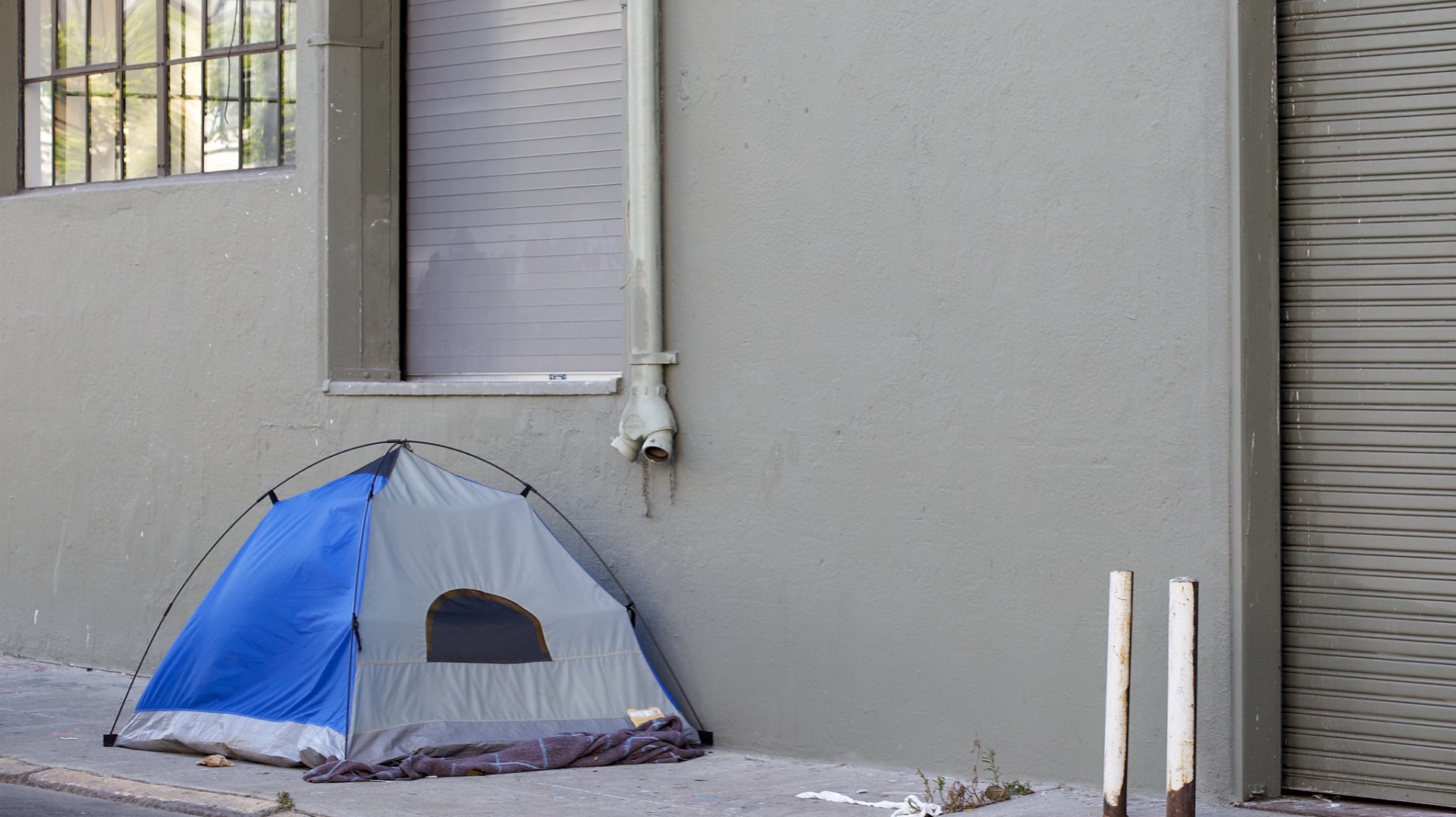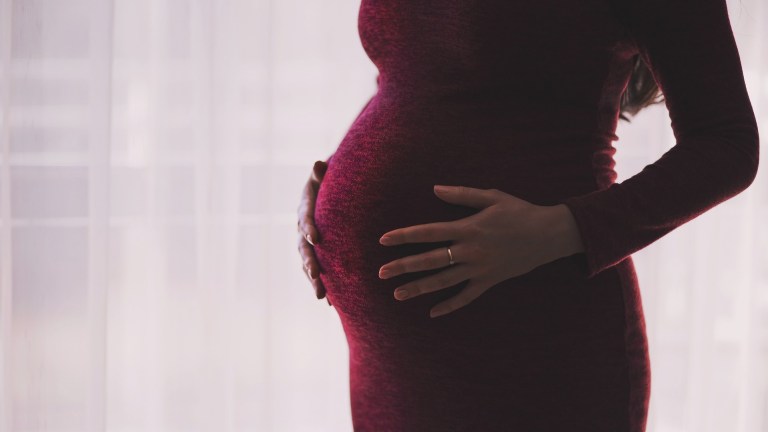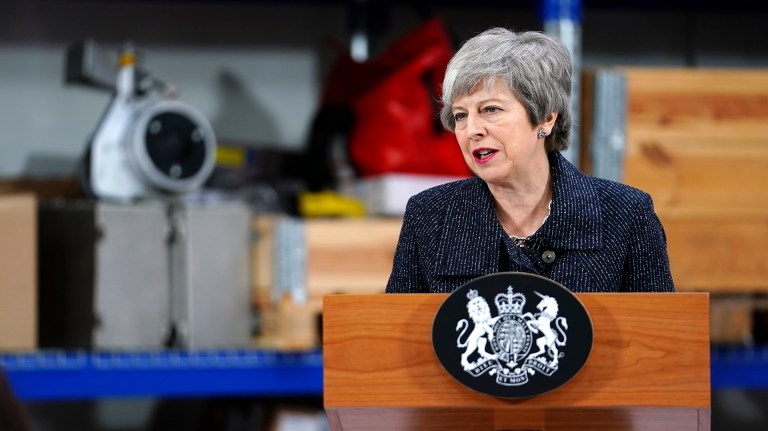A homelessness charity has said it pulled out of a Home Office scheme that is intended to support people from outside the UK who are rough sleeping over the risk of deportation and detention.
London-based Single Homeless Project is one of three charities that was revealed to have shared personal data of non-UK rough sleepers with the Home Office through the Rough Sleeper Support Scheme (RSSS), following an investigation by human rights organisation Liberty Investigates.
But the charity told The Big Issue it opted to pull out of the controversial scheme after discovering that the “risk far outweighs the benefits” to SHP clients.
The details of homeless people were shared with the RSSS 85 times between October 14 2020 and December 23 2021. The scheme had previously been paused in 2018 over controversy surrounding the use of non-UK rough sleepers’ personal data without consent but returned in 2020.
Liz Rutherfoord, chief executive, Single Homeless Project told The Big Issue: “Single Homeless Project is solely focused on working to prevent homelessness and supporting those who are homeless to rebuild their lives, no matter what their background.
“We take our responsibility to safeguard our clients and their welfare very seriously and will not support any scheme that puts their futures at risk. The way the RSSS currently operates could mean that in working with them, we could put our clients in danger of detention and deportation. This risk far outweighs the possible benefits that the service may bring to them.”









